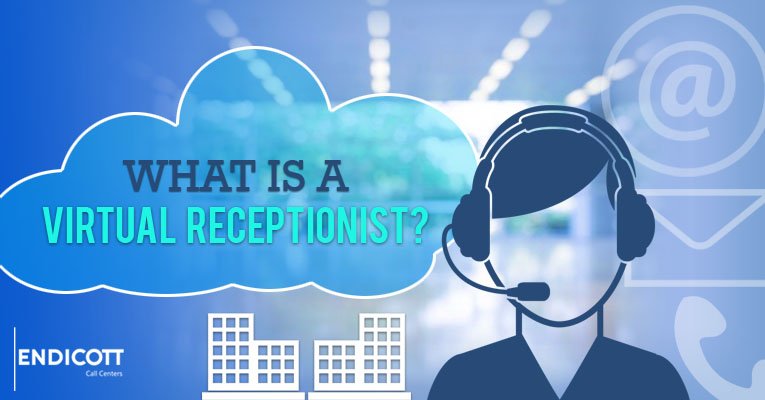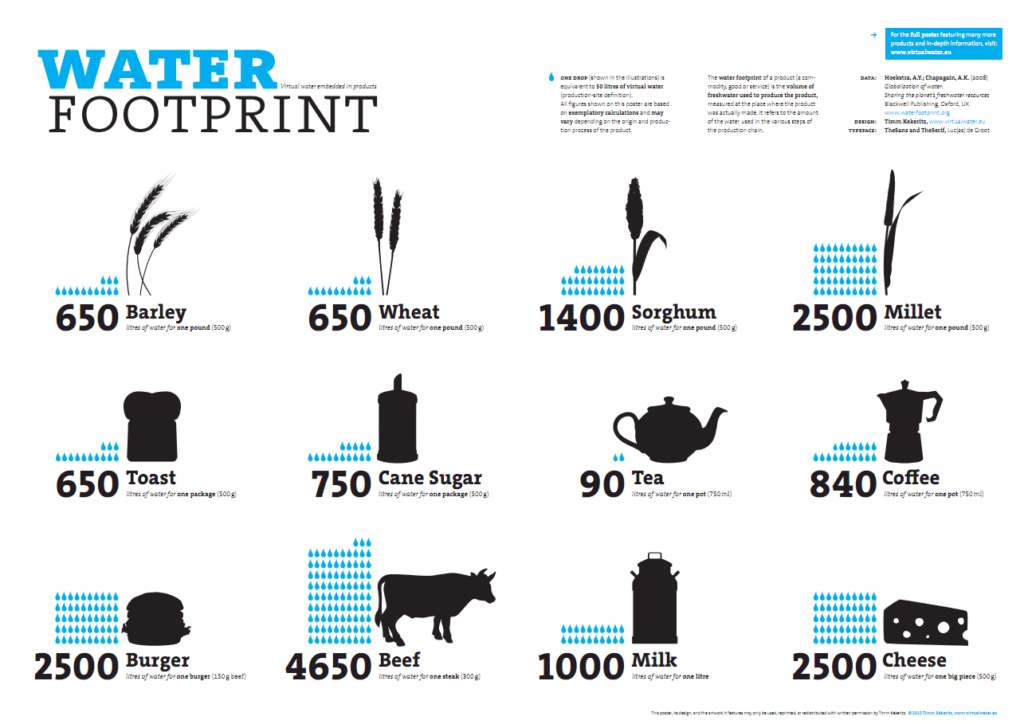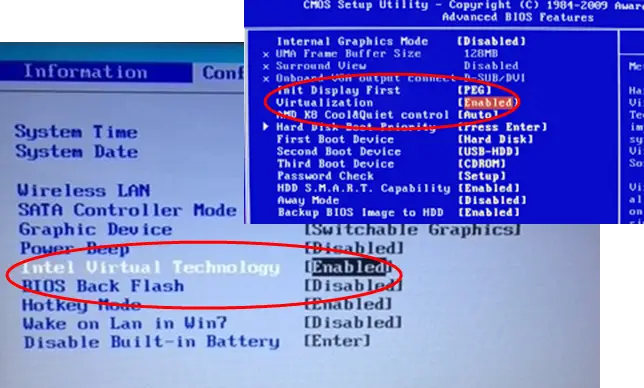In today’s fast-paced business world, the need for efficient and effective communication is more important than ever before. One vital aspect of communication that businesses need to consider is their receptionist. A receptionist serves as the face and voice of a company, and they are often the first point of contact for clients, customers, and vendors. However, hiring a full-time receptionist can be expensive, especially for small businesses. This is where a virtual receptionist comes in.
A virtual receptionist is a cost-effective solution to the traditional receptionist. They are a remote receptionist who handles all the duties of a traditional receptionist. They answer phone calls, transfer calls, take messages, and even schedule appointments. Virtual receptionists provide businesses with a professional and reliable service, without the need for an in-house receptionist. In this article, we will explore the world of virtual receptionists, their benefits, and how they can help your business.

What is a Virtual Receptionist?
A virtual receptionist is a cloud-based service that provides an automated phone system which allows businesses to manage incoming calls and customer inquiries. This service is an affordable alternative to hiring a full-time receptionist, as it provides businesses with the flexibility to scale as needed. Virtual receptionists are also capable of handling customer requests, taking messages, and transferring calls.
How Does a Virtual Receptionist Work?
A virtual receptionist works by providing businesses with an automated phone system that can be used to manage incoming calls and customer inquiries. The system utilizes an interactive voice response (IVR) system to answer incoming calls and route them to the appropriate department or individual. Businesses can customize the IVR to provide specific information or direct callers to the appropriate personnel. Additionally, virtual receptionists can be set up to take messages, transfer calls, and provide customer service.
Benefits of Using a Virtual Receptionist
Using a virtual receptionist can provide businesses with a number of benefits. For example, virtual receptionists can reduce costs associated with hiring a full-time receptionist, as they can be set up and maintained at a fraction of the cost. Additionally, virtual receptionists can provide businesses with the flexibility to scale as needed, as the service can be adjusted to accommodate the company’s changing needs. Finally, virtual receptionists can help businesses increase efficiency, as they can be used to quickly and accurately route calls.
Features of Virtual Receptionists
Virtual receptionists provide businesses with a variety of features that can help them manage incoming calls and customer inquiries. For example, virtual receptionists can be programmed to provide specific information or direct callers to the appropriate personnel. Additionally, virtual receptionists can be used to take messages, transfer calls, and provide customer service. Furthermore, virtual receptionists can be set up to provide businesses with real-time reporting on call volume, customer inquiries, and other metrics.
Who Uses Virtual Receptionists?
Virtual receptionists are used by a variety of businesses, including small businesses, entrepreneurs, medical and dental offices, and larger companies. These services can be tailored to fit the needs of each individual business, providing them with an affordable and efficient way to manage incoming calls and customer inquiries. Additionally, virtual receptionists can provide businesses with the flexibility to scale as needed, as the service can be adjusted to accommodate the company’s changing needs.
Conclusion
Virtual receptionists provide businesses with an affordable and efficient way to manage incoming calls and customer inquiries. These services can be tailored to fit the needs of each individual business, providing them with the flexibility to scale as needed. Additionally, virtual receptionists provide businesses with a variety of features that can help them manage incoming calls, take messages, transfer calls, and provide customer service. Ultimately, virtual receptionists can help businesses reduce costs, increase efficiency, and provide customers with the best possible experience.
Frequently Asked Questions About Virtual Receptionists
Virtual receptionists are automated assistants that provide customer service through a range of digital channels. They are used to manage customer inquiries, provide product information, and resolve customer issues. Virtual receptionists are an increasingly popular way for businesses to improve customer service and reduce costs.
What Is a Virtual Receptionist?
A virtual receptionist is an automated customer service representative that handles customer inquiries, provides product information, and resolves customer issues. Virtual receptionists use a range of digital channels, including voice, chatbot, and email, to interact with customers. Virtual receptionists are typically powered by Artificial Intelligence (AI) and Natural Language Processing (NLP) technologies to provide personalized customer service experiences.
What Are the Benefits of Using a Virtual Receptionist?
Using a virtual receptionist can provide businesses with a range of benefits. Virtual receptionists can reduce costs by eliminating the need for a human receptionist, and they can provide personalized customer service experiences. Virtual receptionists can also be used to provide 24/7 customer service, which can be beneficial for businesses that operate on a global scale. Additionally, using a virtual receptionist can help businesses improve customer satisfaction and loyalty.
How Does a Virtual Receptionist Work?
A virtual receptionist is powered by Artificial Intelligence (AI) and Natural Language Processing (NLP) technologies. The AI and NLP technologies are used to understand customer inquiries and provide appropriate responses. Virtual receptionists can understand customer queries in a range of languages and are able to provide personalized customer service experiences.
What Types of Tasks Can a Virtual Receptionist Handle?
A virtual receptionist can handle a range of customer service tasks. Virtual receptionists can provide product information, answer customer inquiries, and resolve customer issues. Virtual receptionists can also be used to schedule appointments, take orders, and provide automated reminders.
What Are the Limitations of a Virtual Receptionist?
Although virtual receptionists can provide personalized customer service experiences, they can have certain limitations. Virtual receptionists cannot provide the same level of empathy and understanding as a human receptionist, and they may not be able to handle complex customer inquiries. Additionally, virtual receptionists may not be able to provide the same level of customer service as a human receptionist in certain situations.
In conclusion, a virtual receptionist is a modern-day solution to traditional receptionist services. With a virtual receptionist, businesses can enjoy cost savings, increased efficiency, and flexibility. This advanced technology is designed to handle incoming calls, schedule appointments, and offer personalized messages to clients. It can free up the valuable time of business owners and employees, allowing them to focus on other critical business operations.
As the world continues to advance technologically, businesses need to embrace the changes and adapt to the latest trends. By adopting a virtual receptionist service, businesses can stay ahead of the game and improve their customer service. It is a smart investment that can help businesses to grow and thrive in today’s fast-paced business world. With a virtual receptionist, businesses can take advantage of the many benefits that technology has to offer, and stay ahead of their competition.



